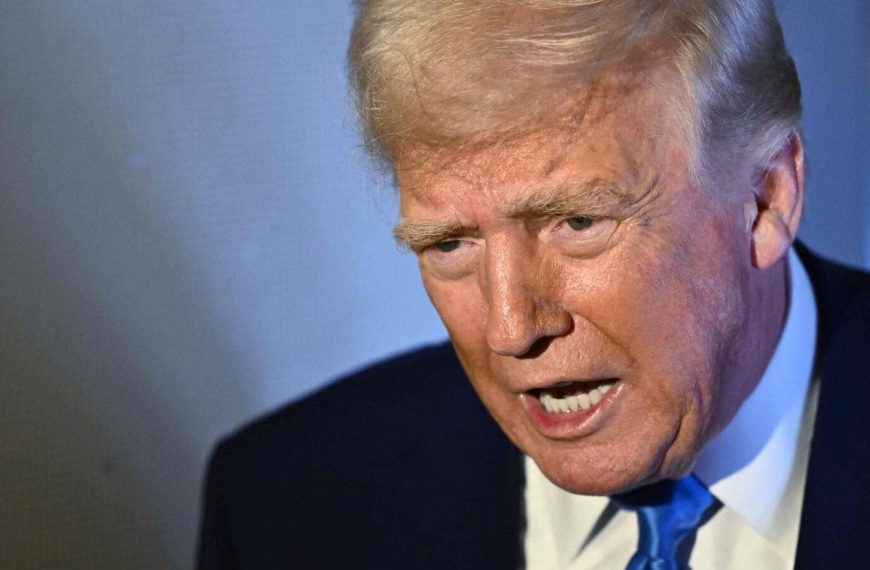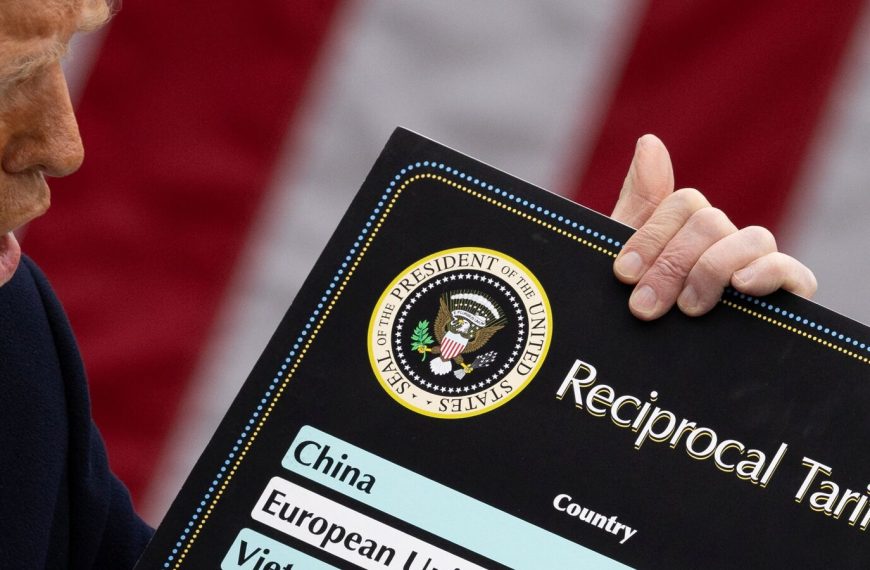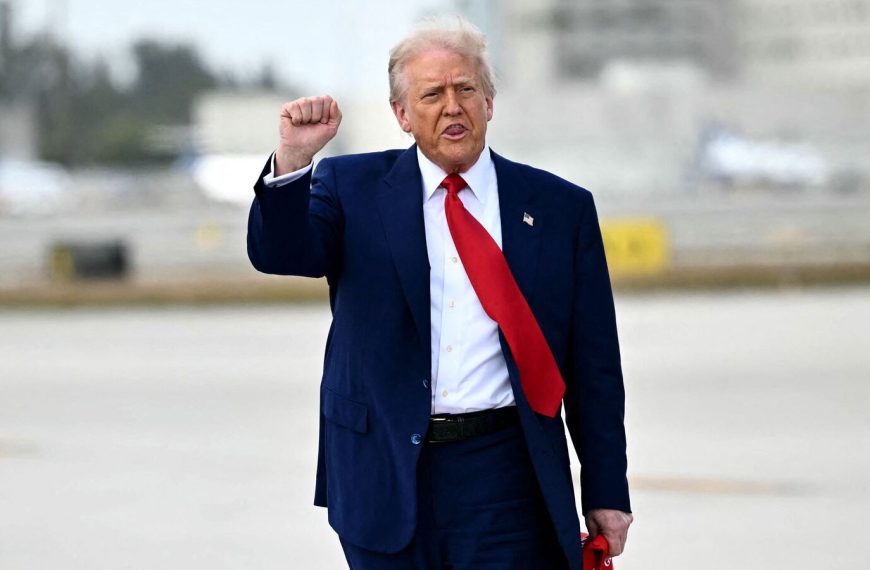The landscape of global trade is shifting dramatically, as the British Prime Minister prepares to declare the end of globalization, attributing its decline to the recent tariff actions announced by former U.S. President Donald Trump. This seismic change reflects a growing sentiment that many people feel disconnected from the benefits of free trade and immigration. Keir Starmer, the UK leader, emphasizes the need for adaptation in this new era, stating, “The world as we knew it has gone. We must rise to meet the moment.”
Understanding the Shift in Global Trade
Starmer’s acknowledgment of Trump’s economic nationalism reveals a significant divide in public opinion regarding globalization. He noted that while the UK does not align with Trump’s methods, there are underlying reasons for his popularity among those who perceive no gains from a globally interconnected economy. A government official echoed this sentiment, remarking, “The world has changed, globalization is over, and we are now in a new era.”
A New Approach for the UK
In light of these developments, the UK government is poised to adopt a reformist strategy. Starmer stated, “I will only strike a deal if it is right for British business and the security of working people.” His commitment to maintaining free and open trade is clear, but he also emphasizes the importance of protecting British interests amidst the evolving trade landscape.
- The UK government plans to:
- Respond proactively to global trade challenges.
- Ensure that any agreements benefit British businesses.
- Maintain a focus on the welfare of working individuals.
The Impact of Trump’s Tariffs
The implications of Trump’s 10% baseline tariffs, which took effect on April 5, are already being felt globally. This new trade policy barred ships and cargo from US waters, intensifying the ongoing trade war. Countries such as Australia, Colombia, and Saudi Arabia were among the first to face these tariffs without any transitional grace period.
One major player, Jaguar Land Rover (JLR), owned by Tata Group, has announced a temporary suspension of shipments to the U.S. in response to these new trading conditions. In their statement, JLR highlighted the uncertainty surrounding the new trading environment, prompting this cautious approach.
Conclusion: Navigating a New Trade Era
As the UK grapples with the fallout from these tariff changes, it is clear that the global trade landscape is undergoing a profound transformation. Starmer’s commitment to safeguarding British interests while advocating for free trade reflects a delicate balancing act in an increasingly nationalistic global environment. The coming months will be crucial in determining how countries adapt to these shifts and what new trade agreements may emerge as a result.










